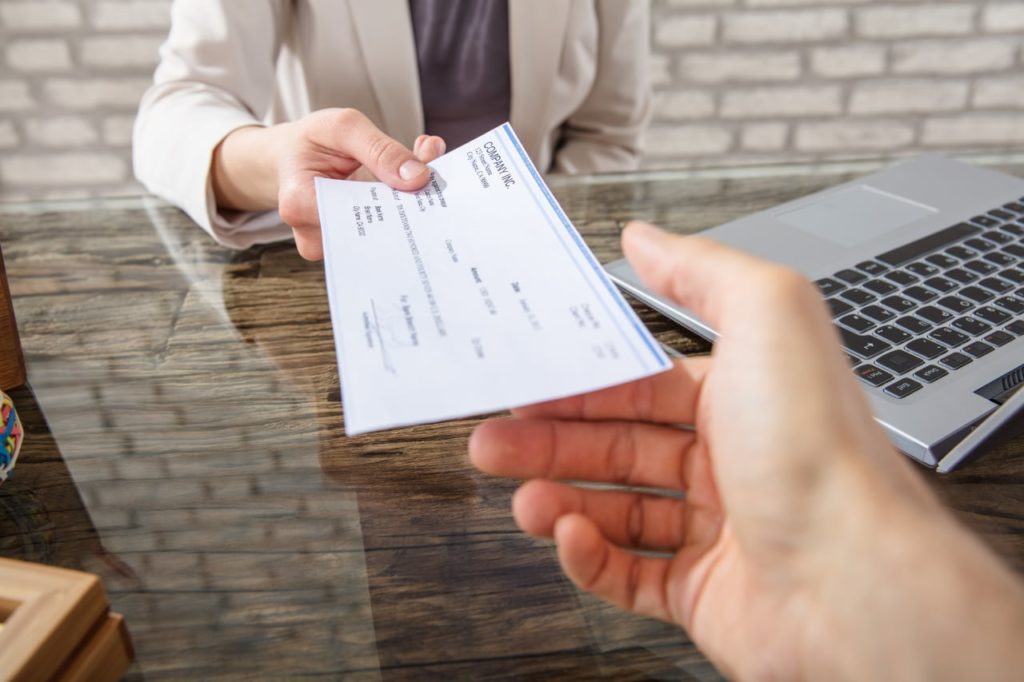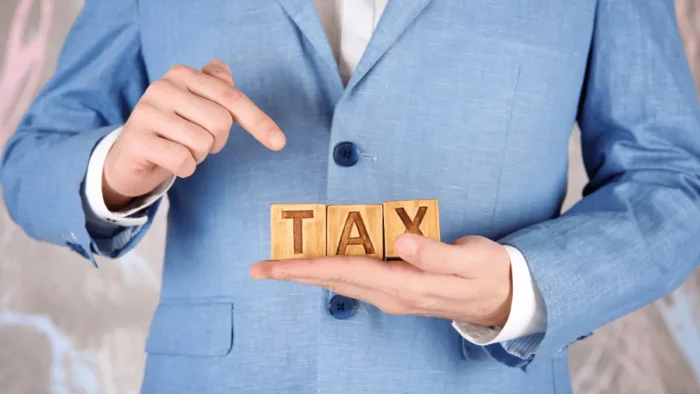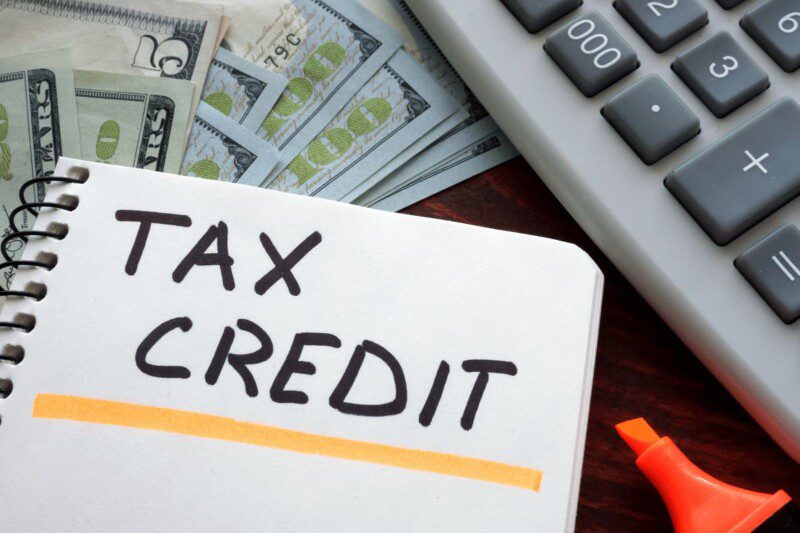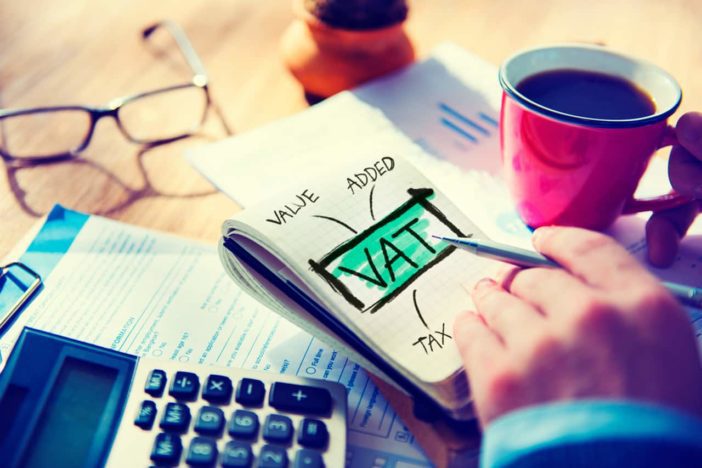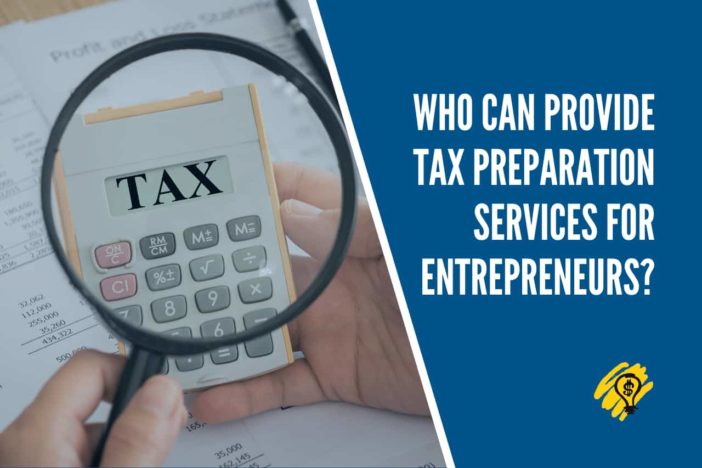Governments worldwide are helping cushion the impact of the COVID-19 pandemic. In the U.S., the Internal Revenue Service (IRS) and the Bureau of Treasury Department have provided pandemic-stricken individuals with economic impact payments.
Aside from handing out assistance, the IRS offers tax relief by easing payment guidelines, extending payment due dates, and waiving certain fees for delinquent taxpayers and late filers.
Some COVID-19-related tax relief policies are automatically applied, while some require taxpayers to communicate with the agency to avail of the program. If you want to avail of IRS debt relief, do your homework, and don’t hesitate to contact the tax agency for any questions or concerns.
Here are some ways to avail of the tax relief programs offered by the IRS:
1. Ask for a temporary delay in tax collection
Taxpayers sans the ability to pay their taxes or income can request a temporary suspension of collection activity by way of the Currently-Not-Collectible program.
Contact the IRS office to avail yourself of this program. The tax office will ask for specific documents to confirm that a taxpayer cannot pay at this difficult time. This, however, doesn’t mean the taxpayer’s debt is waived. In fact, penalties and interest will accrue until the taxpayer pays the full amount.
If you’re facing tough times and looking for ways to gain IRS tax relief, click this link here for more information on IRS tax penalties and how Tax Relief Professionals can help you navigate through these challenging situations.
2. Submit an offer to settle your taxes partially
If you can’t afford to pay in full, submit an Offer in Compromise, which allows you to pay only a certain percentage of the total amount of taxes you owe. Before approval, the IRS will determine your ability to pay and your expenses, asset equity, and income. Check out the Offer in Compromise Pre-Qualifier tool on their website to see if you can avail of this tax relief program.
In a press release dated November 2020, Darren John Guillot, IRS Deputy Commissioner for Small Business and Self-Employed Collection and operations Support, announced that the agency will provide relief for taxpayers struggling to fulfill the terms of previously accepted offers.

3. Apply for penalty relief
Small businesses and self-employed individuals may submit a letter of communication to IRS requesting the removal of penalties and additional fees for the late filing of tax returns or delayed payment of tax obligations. Besides citing the pandemic as a ‘sound reason,’ the IRS also accepts penalty relief requests in instances of fire and other natural disasters, death, serious illness, and inability to obtain records. First-time taxpayers can avail of the same benefit under the penalty abatement relief policy.
Businesses can implement these yearend tax-planning strategies, taking into account the impact of the pandemic, to further reduce tax liabilities.
4. Avail of the individual or business installment payment plans
Apply online or in person if you want to avail of short-term (within 120 days) and long-term (longer than 120 days) payment plans to settle your taxes. Individuals, independent contractors, and sole proprietors may qualify to apply via IRS sites if they owe less than USD 50,000 for long-term payment schemes or less than USD 100,000 for short-term payment plans.
Businesses may avail of this program, too, by applying for a long-term payment period if their representatives have filed all the required returns and owe the government less than USD 25,000 in taxes, including penalties and interest. The IRS has earlier offered 3 types of tax breaks for businesses deeply impacted by the pandemic.
Because of COVID-19 disruptions, the IRS will be extending the short-term payment plan time frame from 120 days to 180 days and is also easing documentary requirements for individuals to avail of installment agreements of up to USD250,000 without financial verification.
The IRS likewise offers one Installment Agreement opportunity without filing a lien for individual taxpayers who received notices with tax liabilities up to USD 250,000 in 2019.
The Bottom Line
The COVID-19 pandemic brought the world to its knees, negatively impacting the business sector. Individuals and businesses struggling to pay tax bills or needing help availing of specific tax relief measures can ask the IRS and other organizations for help.
While government agencies are offering various options for easier payments, suspension of interest and other charges, and other types of tax remedies, the taxpayer should communicate with the IRS by sending a letter to avail of these special programs.

